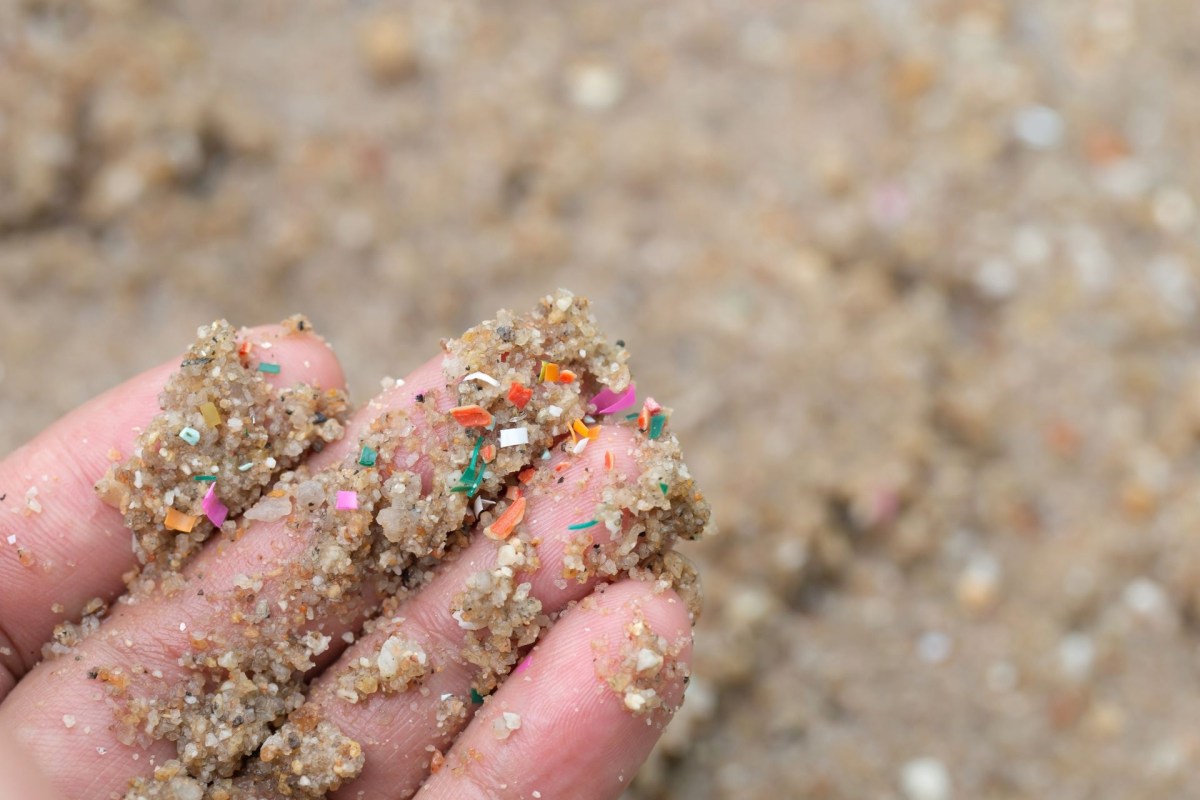Plastics not only cause harm to our environment, they're wreaking havoc on our health, leading to increased risk of miscarriages, obesity, cardiovascular disease, and cancers, according to a new study.
What's happening?
Nearly 50 scientists sounded the alarm on plastics in a recent report by the Minderoo-Monoco Commission on Human Health, which was published in Annals of Global Health.
Plastics can be found in every corner of the world today, from mountaintops to the bottom of the sea. More than 10,000 synthetic chemicals are used in their production, including per- and polyfluoroalkyl substances (PFAS) and brominated flame retardants. These components, which have been found to have neurotoxic, carcinogenic, immune, and endocrine-disrupting impacts, leech out during daily use and are now being detected in human blood, urine, and amniotic fluid.
"There is no doubt whatsoever that plastic causes disease, disability, premature death, economic damage, and damage to ecosystems at every stage of its life cycle," said the study's lead author Dr. Philip J. Landrigan.
Why are these findings concerning?
Plastics have become an integral part of our daily lives. Although there is clear evidence that they harm the environment, wildlife, and humans, there is no sign of plastic production slowing down anytime soon.
According to a February report from the Minderoo Foundation, there's more single-use plastic waste on our planet than ever before — we produced an additional 6 million tons in 2021 compared to 2019.
The health impacts related to plastics will cost us, too. According to the March report, health-related losses from plastics production were more than $250 billion globally in 2015.
And the effects are disproportionately affecting vulnerable, low-income, and minority communities, especially children.
"It is not ethical to deliberately expose humans to toxic chemicals," said one of the study's co-authors, Sarah Dunlop, adding that the report's findings "put us on an unequivocal path to demand the banning or severely restricting of unnecessary, avoidable, and problematic plastic items, many of which contain hazardous chemicals with links to horrific harm to people and the planet."
What can I do to help reduce plastic waste?
Unfortunately, It seems just recycling our plastics isn't enough — a 2022 report from Greenpeace found that plastic recycling is a "failed concept." Among the challenges are plastics' high toxicity, lack of economic viability for plastics recycling, and the fact that different types of plastics can't be recycled together.
That means we need to turn our attention to reducing the consumption of plastics. One way you can help is by turning to reusable products instead of those packaged in plastic, including water bottles, shopping bags, dish and laundry detergents, hand soap, and more.
"We don't have to get rid of all plastics," Landrigan said. "I mean, I am a medical doctor. I use IV bags. I use endoscopes. A lot of plastics are essential. But why does 40% of current production have to be single-use plastic stuff we use and throw away?"
Governments need to take action, too, however. The commission is pushing for the world's nations to adopt a Global Plastics Treaty aimed at capping plastic production and ending plastic pollution by 2040.
Join our free newsletter for cool news and cool tips that make it easy to help yourself while helping the planet.









